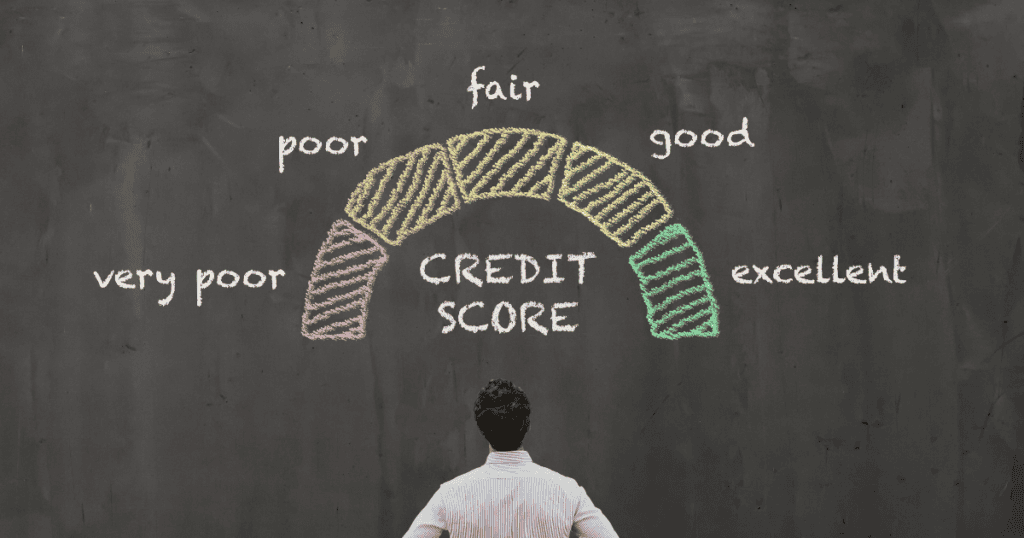Understanding how an SBA loan affects your business credit score is crucial for any small business owner considering this financing option. SBA loans can be a gateway to growth, but they also play a significant role in shaping your financial profile. Here’s what you need to know about the relationship between SBA loans and your business credit score.
How SBA Loans Influence Business Credit Scores
- Initial Credit Check:
- Inquiry Impact: Applying for an SBA loan typically involves a hard credit check, which can temporarily lower your credit score by a few points.
- Credit Utilization:
- Debt-to-Credit Ratio: SBA loans can affect your credit utilization ratio, a major factor in credit scoring. Utilizing a significant portion of your loan can increase your ratio, potentially lowering your score.
- Payment History:
- On-time Payments: Regularly meeting payment deadlines can positively influence your credit score, as payment history is the most influential factor in credit calculations.
- Late Payments: Late or missed payments can negatively impact your score. It’s crucial to manage loan repayments diligently to avoid such dents in your credit profile.
Strategies to Mitigate Negative Impacts on Credit Scores
- Plan Financially: Before taking out an SBA loan, ensure that your business cash flow can comfortably cover repayments to avoid late payments.
- Monitor Credit Utilization: Keep your credit utilization low by using a smaller portion of your available credit and paying down the loan principal faster.
- Regular Credit Monitoring: Keep track of your business credit report to understand how your loan affects your credit score over time.
Long-term Benefits of SBA Loans on Credit Scores
- Positive Payment History: Consistently making on-time payments can significantly improve your credit score.
- Credit Capacity: Successfully repaying an SBA loan can increase your borrowing capacity by establishing a positive credit history.
Potential Risks and How to Address Them
- Overleveraging: Borrowing more than what your business can repay can lead to financial strain and credit score damage.
- Solution: Carefully assess your business’s financial needs and borrowing capacity before applying for a loan.
- Interest Rate Considerations: Higher interest rates on some SBA loan products can increase the total debt amount and monthly payments.
- Solution: Opt for SBA loans with the most favorable terms and lowest interest rates possible to minimize costs.
Final Thoughts
Securing an SBA loan can have a nuanced impact on your business credit score. While it may initially cause a slight dip due to the hard inquiry, responsible management of the loan can lead to positive long-term effects. By understanding and strategically managing these financial tools, small business owners can leverage SBA loans not only for business growth but also to build a robust credit score, enhancing their future financial opportunities.
Understanding the dynamics of SBA loans and business credit scores empowers entrepreneurs to make informed decisions, ensuring that their pursuit of business financing supports overall financial stability and growth.
